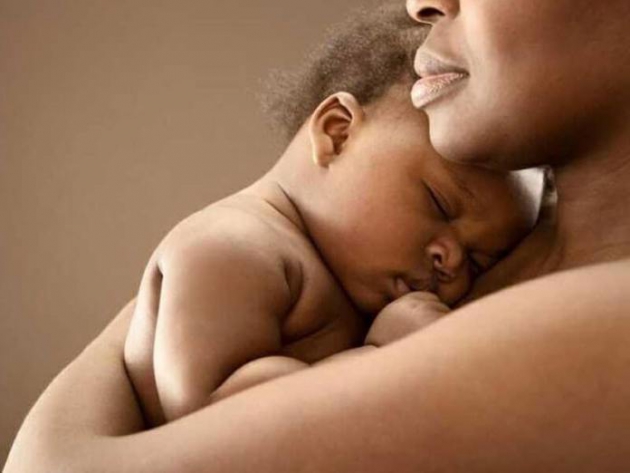I Was Scared My Son Might Contact HIV Virus From Breast Milk- Maimuna

Ajayi Maimuna is a young mother in her 30’s. She became HIV positive after her first three children and it remains a puzzle to her how she contacted the disease.
Maimuna, who spoke to our correspondent at the Heart to Heart Centre,(H2H) of the Badagry General Hospital, Lagos State, said, “I was scared my son might contact the HIV virus and as a result of that, I only breastfed him for one month and three days.
“The first day I was told of my HIV status, I almost died. Then I was pregnant for the fourth child, a baby boy but I nearly lost him because I refused to take my drugs. I also lost the fifth pregnancy which was twin. My thought then was whether I use the drug or not, I will die and this made me stay away from home several times. I was seriously affected psychologically.
“After the mistake of losing my fourth and fifth pregnancy, during the sixth pregnancy, I took my drugs religiously and my boy came out HIV negative. This is my seventh pregnancy and by the grace of God, will be my fifth child. My husband is HIV negative and has promised to be there for me and I promise to breastfeed him exclusively.”
The story of Maimuna is one out of millions of nursing mothers who are living in HIV denial and deny the child the benefit of Exclusive Breastfeeding,(EBF) due to fear of infecting the child with the virus but for Nigeria to achieve Elimination From Mother To Child Transmission, (EMTCT) of Human Immune Virus,(HIV), there is need to correct the misconceptions of breastfeeding generally.
In order to eliminate this misconceptions, health care centres who occasionally attend to People Living With HIV and AIDS, ( PLWHA) should properly educate these mothers and work in accordance with recommendations by World Health Organization, (WHO).
According to WHO recommendations, breastfeeding mothers who are HIV positive should Exclusively Breastfeed, (EBF) for the first six months and should continue breastfeeding especially if the mother has access to anti-retroviral therapy.
However, Exclusive Breastfeeding helps in reducing child mortality by 13 per cent. Sadly, Nigeria loses about 2,300 under-five year olds every day, and over two-thirds of these deaths are often associated with inappropriate feeding and poor practices
Emphasis has been on the fact that adequate and exclusive breastfeeding is not only an investment in improving children’s health and saving lives, but also an investment in human capital development that can benefit a country’s economy.
Read more at https://thewhistler.ng/story/i-scared-son-might-contact-hiv-virus-breast...












